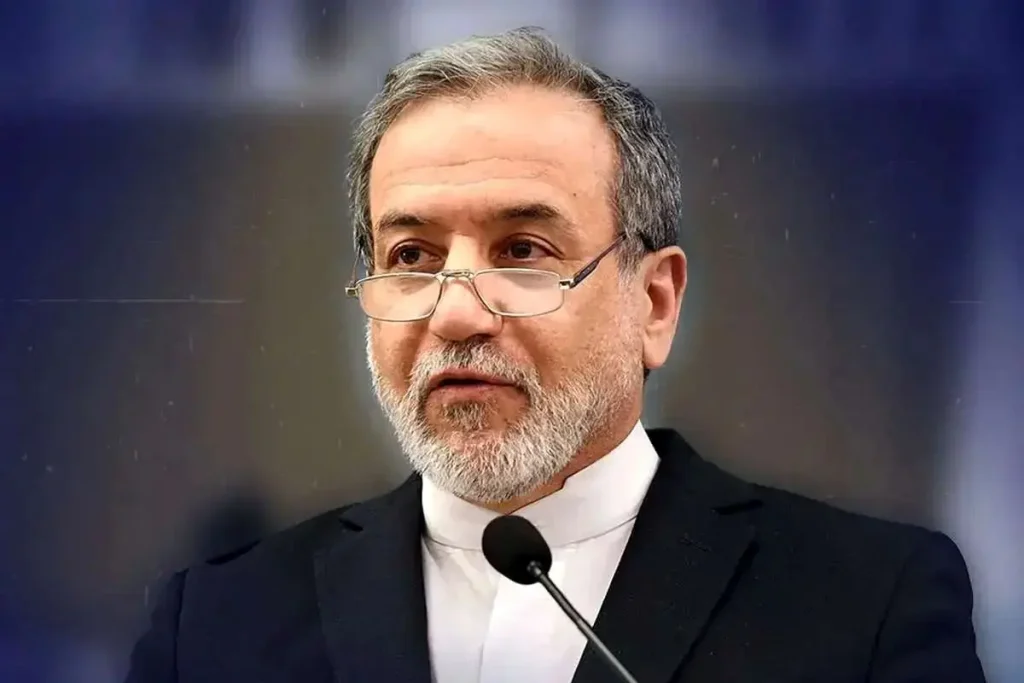
Title: IAEA Deputy Chief to Visit Tehran Tomorrow – Key Talks on Cooperation Framework
Tehran, Iran – Deputy Foreign Minister Abbas Araghchi announced that negotiations with the International Atomic Energy Agency (IAEA) will resume tomorrow to establish a framework for cooperation. The IAEA’s Deputy Director-General is set to arrive in Tehran, though no facility inspections will occur until a mutual agreement is reached.
Araghchi emphasized that any cooperation will strictly adhere to the legislation passed by Iran’s Islamic Consultative Assembly (Parliament).
Ongoing Diplomatic Engagements
Araghchi confirmed continued discussions with European nations but dismissed the relevance of the “snapback” mechanism under the Joint Comprehensive Plan of Action (JCPOA). “Europe is not considered a participant in the JCPOA from our perspective,” he stated, adding that technical and legal consultations are ongoing. No date has been set for further talks.
Regarding potential negotiations with the U.S., Araghchi clarified that “nothing has been finalized.”
Condemnation of Gaza Developments
The Foreign Ministry issued a statement condemning the occupation of Gaza and the forced displacement of its residents. Araghchi noted that several Islamic countries have also released joint statements, praising regional nations for their strong stances on the issue.
Armenia-Azerbaijan Peace Process
Armenia’s Foreign Minister is scheduled to hold a phone call with Araghchi tomorrow, followed by a visit from a senior Armenian official on Tuesday. Iran’s position on the Zangezur corridor remains clear:
- Support for peace between Armenia and Azerbaijan.
- Rejection of border changes—upholding territorial integrity and sovereignty of all regional nations.
Araghchi welcomed the recent joint statement by Armenia and Azerbaijan, which aligns with Iran’s stance against altering internationally recognized borders.
However, he expressed concerns over potential U.S. involvement in regional transit projects, warning that external interference could undermine stability. “We have communicated our position to both countries and will continue monitoring developments closely,” he added.
Source: Intitar


